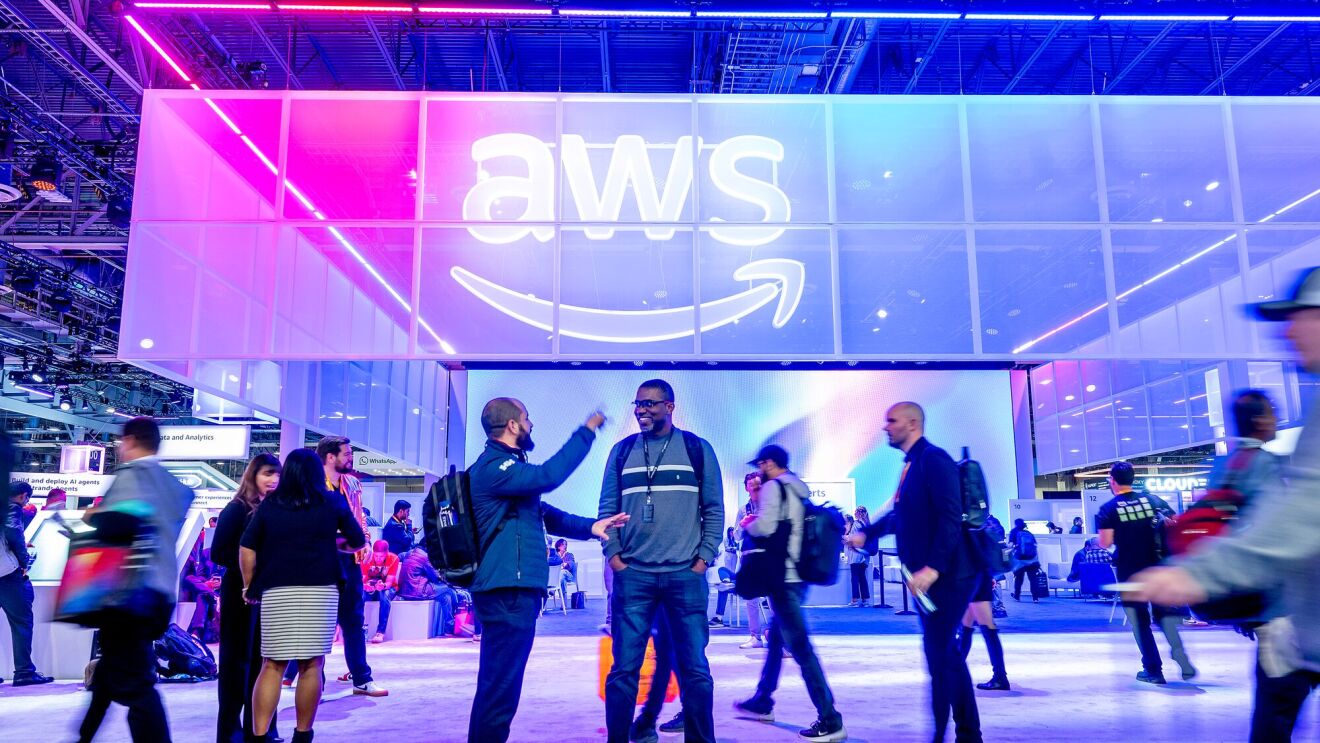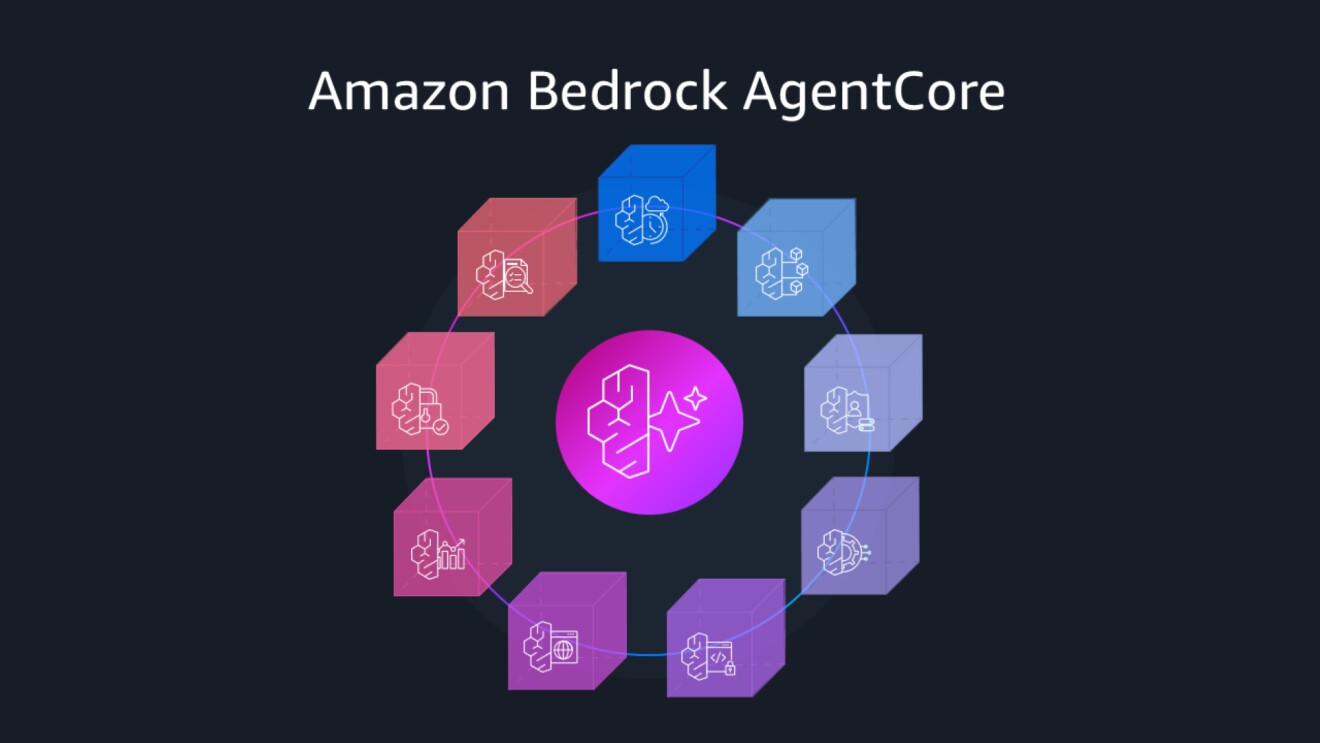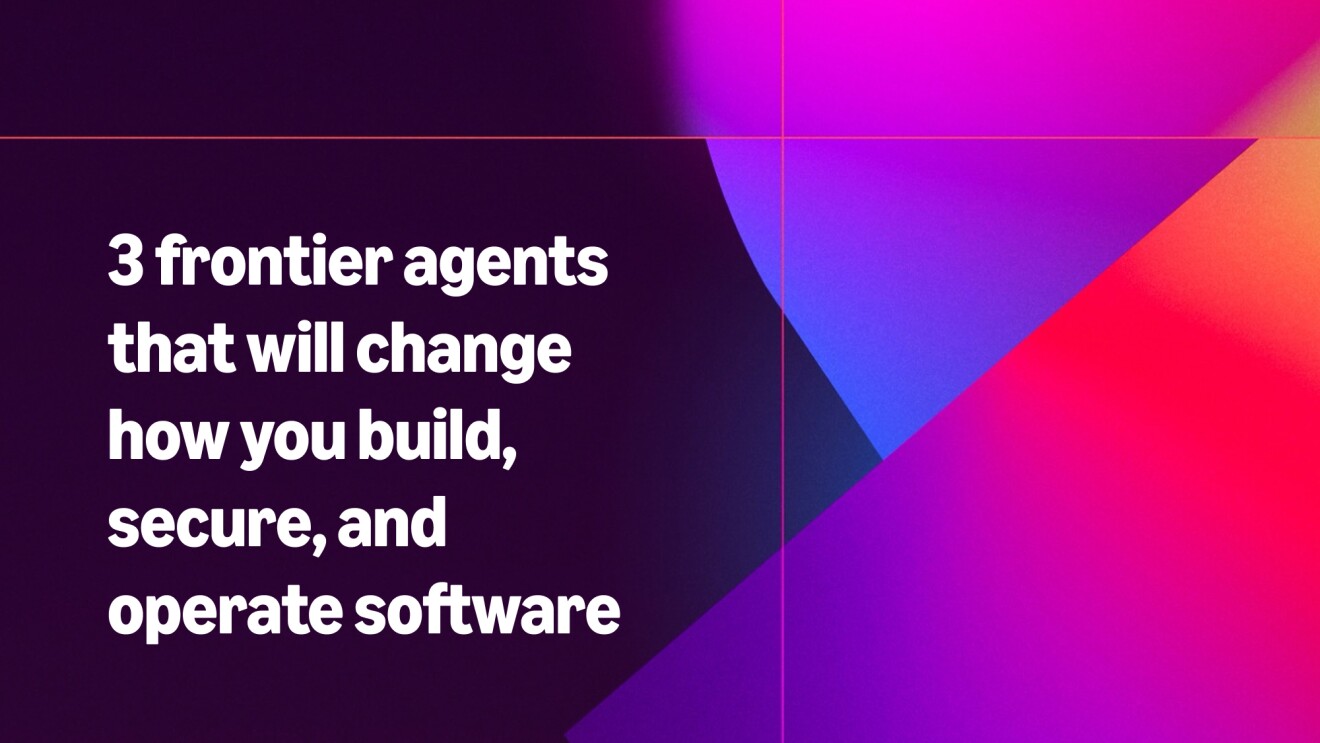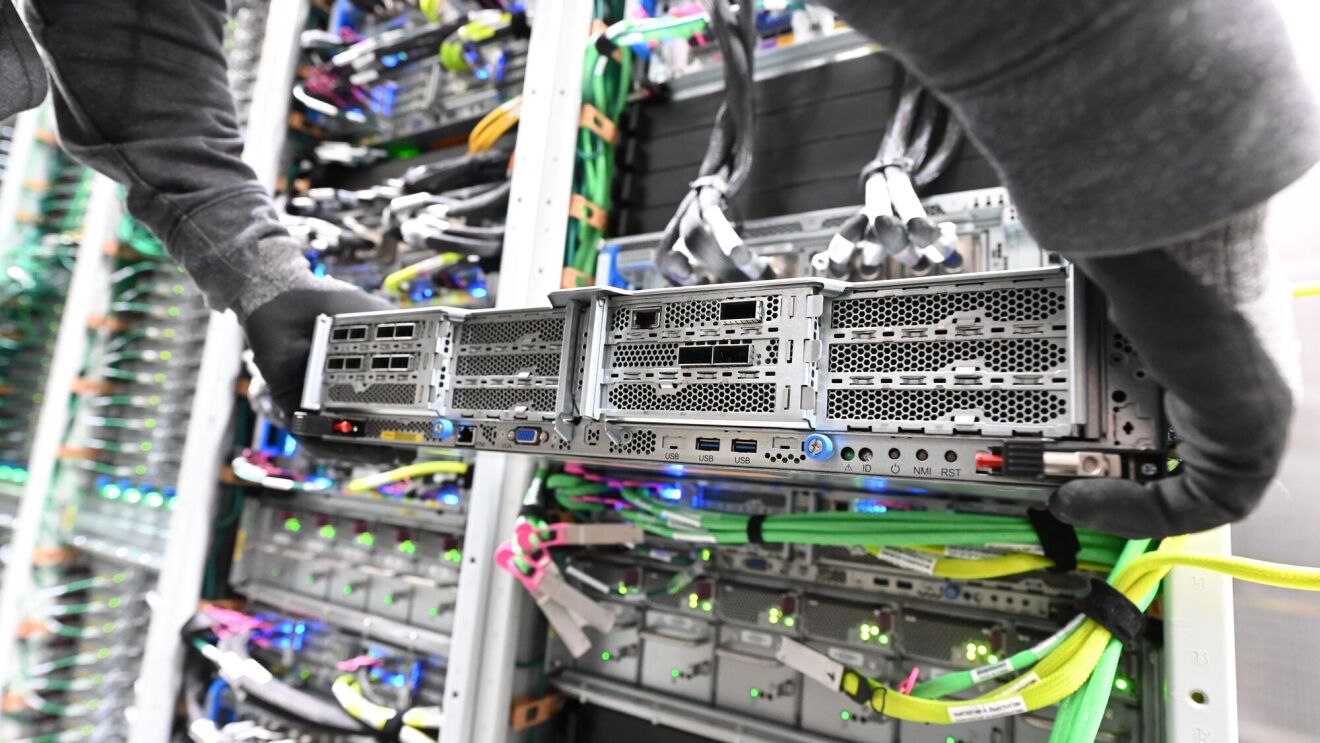We have entered an era of unprecedented societal challenges and rapid technological advancements. Harnessing technology for good has become both an ethical imperative and a profitable endeavor. From clean energy innovations unlocking new avenues for sustainable development to AI-powered tools tipping the scales in the fight against disinformation, we are witnessing technology augment human ingenuity in inspiring ways. The rise of intention-driven technologies is reshaping our relationship with the digital world, promoting focus and well-being over mere attention capture. All the while, a mission-driven workforce is emerging, more eager to tackle hard human problems than chase the bottom line.
In the coming years, using technology for positive impact will not just be possible—it will redefine the way we think about success. Amazon’s chief technology officer, Dr. Werner Vogels, weighs in on what lies ahead. Here are the highlights:
1. The workforce of tomorrow is mission-driven
The workforce of tomorrow will not only be driven by financial success and career progression, but by a deeper desire to create positive change in the world. The organizations and businesses that acknowledge this shift and embrace purpose-driven work will be poised for long-term success.
2. A new era of energy efficiency drives innovation
Surging power demand and climate imperatives are driving a transformation in how we generate, store, and consume energy. The expansion of nuclear and continued growth of renewable energy will lay the groundwork for a future where our energy infrastructure is a catalyst for innovation, not a constraint.
3. Technology tips the scales in the discovery of truth
As disinformation spreads at unprecedented rates, a new wave of AI-powered tools will emerge to empower journalists, researchers, and engaged citizens in their quest for truth. This technological revolution will democratize investigative capabilities, accelerate fact-checking, and begin to close the gap between the spread of misinformation and its debunking.
4. Open data drives decentralized disaster preparedness
Disaster resilience will be fundamentally transformed through the power of hyperlocal, community-sourced data. This shift will redefine disaster management from a top-down, reactive model to one that is proactive, decentralized, and community-driven.
5. Intention-driven consumer technology takes hold
A subtle shift is underway that is redefining our relationship with consumer technology. As more and more people look for a refuge from constant distraction, devices are emerging that prioritize mindfulness, intentionality, and deep thinking over a barrage of fleeting stimuli. In 2025 and beyond, technology will empower rather than distract us—and we’ll be better for it.
Trending news and stories










